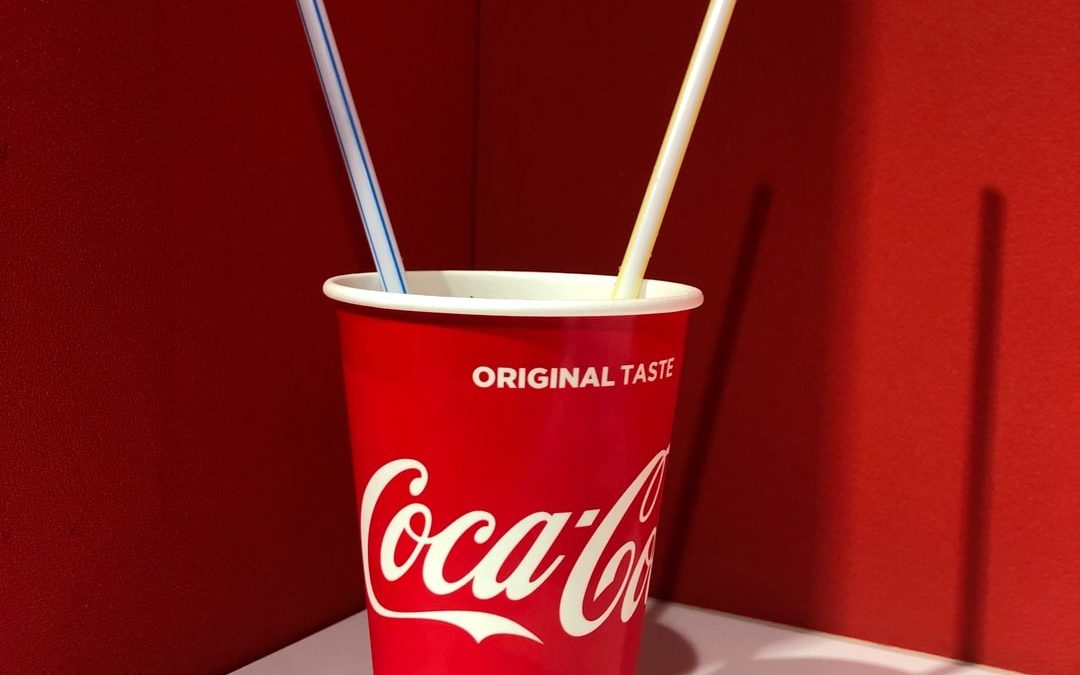Preventing underage drinking involves spreading information about the dangers of alcohol, but effective prevention strategies go beyond education. The school system, the home environment, and the overall community each have a role in reducing the prevalence of underage drinking.
What Schools Can Do
1. Discourage Substance Use
Many school systems have some kind of drug-free assembly at some point in the school year. These have been shown to have some benefits, but there is more that schools can do to discourage underage drinking.
The following strategies are used in some schools and should continue to be used:
- Informing students of the risk factors for alcohol consumption and substance abuse
- Outlining the long-term and short-term consequences of alcohol or drug use
- Encouraging skills to resist peer pressure, especially concerning the use of substances
- Teaching basic mental health skills such as goal setting, healthy coping mechanisms, stress management, and communication
- Encouraging students to spread awareness and participate in these conversations
2. Encourage Getting Help
Besides providing education that focuses on preventing substance use, schools can greatly help their students by combatting the stigma against seeking treatment and providing resources for getting help. Many school programs outline the risks of alcohol use, but they neglect to help students who are already dealing with substance abuse. Providing resources for students and increasing the regularity with which this information is presented can prevent substance use from growing into an addiction or an addiction from becoming more ingrained and harder to treat.
What Families Can Do
1. Create a Safe Place for Honest Discussions
Informing one’s children of the dangers involved with drinking and encouraging the act of safe drinking can lower the rates of underage drinking. Even more importantly, when a safe environment for open communication is created in the family home structure, children and adolescents can be encouraged to discuss the risks and ask questions about alcohol and substance abuse. This builds trust and openness in the family and can be a lifeline for kids or teenagers if they are ever in a dangerous situation.
2. Be a Role Model
Children often look up to their parents to learn how to behave in society. Many parents’ beliefs, morals, habits, and lifestyles are passed down to their children. Setting a positive example for them to follow is highly encouraged.
Being a role model with alcohol by ensuring parents only drink responsibly can help their children understand what safe drinking looks like. If they consistently engage in negative drinking habits but tell their children about the dangers involved, they will likely disregard the information their parents give them.
3. Set Expectations
Parents likely have rules and expectations that they expect their children to follow. Being clear about expectations regarding alcohol consumption is important.
While underage drinking, in general, is not recommended, encouraging your children to communicate questions they have can help create a level of trust between parent and child. Discussing how to drink with healthy habits and not let alcohol reach a point of addiction can be beneficial at this age. Informing children of the dangers of drinking and driving and providing a space for them to reach out for help if they are in a dangerous situation can prevent an act of underage drinking from turning into something life-threatening.
What Communities Can Do
1. Spread Awareness
Protective measures for underage drinking within the community should include spreading awareness of the dangers of illegal and unsafe alcohol consumption. Support groups and awareness groups can get other community members involved in this cause. Underage drinking comes with many risks that can be a potential threat to all members of society. Similarly, working to create a safe community free of underage drinking takes a collective effort.
2. Provide Substance-Free Venues
Opening or encouraging the use of a fun and laidback place to hang out can give teenagers a place to socialize and enjoy themselves without consuming alcohol. For example, a dance club with sodas, mocktails, and appetizers catered to young adults and adolescents can give the feeling of excitement of being at a bar without the risk of alcohol being involved. After all, many individuals begin drinking due to social pressure or out of boredom and an unmet need for excitement. Creating places where teenagers in this mindset can safely spend their time can reduce the desire for underage drinking.
3. Change the Social Image of Alcohol
Setting the perception throughout the community that drinking is full of potential risks can decrease the chance of individuals trying alcohol while underage. Many teenagers see drinking as a fun adult activity. Taking away the “cool” aspect of drinking can reduce the desire to engage in the act to fit in or feel grown-up. It may also help to provide other avenues for teenagers to exercise their agency and enjoy their progression into adulthood. Finally, rewarding those in society who do not drink and positively reinforcing those decisions can encourage others to follow in their footsteps.
Preventing underage drinking can be encouraged by everyone. Through our schools, homes, and communities, the information and attitudes regarding alcohol have large effects on the prevalence of underage drinking. Many schools have implemented programs to inform students of the risks of underage drinking, but there are other strategies that can be added to increase their success. For example, by providing resources for students who are already struggling with substance use, schools can prevent addictions from worsening. At home, by ensuring your children are informed about alcohol, understand responsible drinking, and feel safe to be open with you, you are equipping them to make safe choices. As a community, changing the perspective about underage drinking is essential. Programs and businesses can help lower the rates of underage drinking throughout the community. To learn more about how you and your community can help prevent underage drinking, call Dream Recovery at (949) 732-1960.


Recent Comments